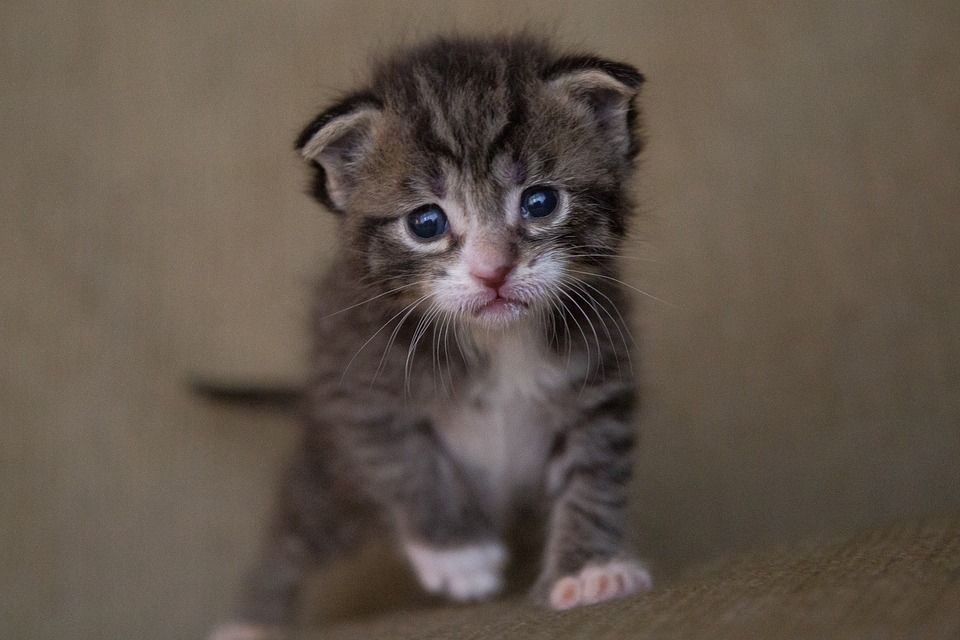Cats can experience various dietary issues that can affect their overall health and well-being. As a responsible cat owner, it is crucial to understand these common dietary issues and provide appropriate nutrition to ensure your feline friend leads a healthy and happy life. In this article, we will delve into some of the most prevalent dietary issues in cats and explore how proper nutrition can help address these concerns effectively.
One common dietary issue in cats is obesity. Obesity can lead to several complications, including diabetes, joint problems, and heart disease. It is essential to recognize the signs of obesity, such as a protruding belly or difficulty in movement, and take necessary steps to manage your cat’s weight. Consult with your veterinarian to determine the appropriate amount of food your cat should consume based on their age, weight, and activity level. Opt for high-quality cat food that is specifically formulated for weight management. Establish a regular feeding schedule and avoid free-feeding. Divide your cat’s daily food portion into smaller meals to prevent overeating and maintain their metabolic rate. Additionally, promote physical activity by providing interactive toys, vertical climbing options, and engaging play sessions. Regular exercise can help burn calories and maintain a healthy weight.
Food allergies and intolerances are also common dietary issues in cats. Cats, like humans, can develop allergies or intolerances to certain ingredients in their diet. Common food allergens in cats include beef, dairy products, fish, and grains. Identifying and eliminating these triggers is crucial to alleviate discomfort and promote optimal health. Work with your veterinarian to conduct an elimination diet, which involves removing potential allergens from your cat’s diet and reintroducing them one by one to identify the specific trigger. Consider hypoallergenic or limited ingredient diets during this process. If your cat is allergic to common protein sources like chicken or beef, consider novel protein options such as venison, duck, or rabbit. These alternative proteins can provide essential nutrients while minimizing the risk of allergic reactions.
Another dietary issue in cats is urinary tract health. Feline Lower Urinary Tract Disease (FLUTD) is a common issue that affects the urinary system of cats, causing discomfort and potential blockages. Diet plays a significant role in preventing FLUTD and maintaining a healthy urinary tract. Ensure your cat has access to fresh, clean water at all times. Consider incorporating wet food into their diet, as it has a high moisture content, promoting proper hydration and dilution of urine. Feed your cat a diet that helps maintain a slightly acidic pH level in their urine. Consult with your veterinarian to select appropriate cat food that supports urinary health.
While a homemade diet may seem like a viable option, it is essential to consult with a veterinarian or veterinary nutritionist to ensure your cat receives all the necessary nutrients. Homemade diets can be challenging to balance correctly and may lead to nutritional deficiencies if not carefully formulated. Supplements should only be given under the guidance and recommendation of a veterinarian. Administering inappropriate supplements or incorrect dosages can do more harm than good. Always consult a professional before introducing any supplements into your cat’s diet.
While dietary issues can affect any cat, certain breeds, such as Siamese, Maine Coon, and Ragdoll, may be more prone to specific health concerns. It is essential to be aware of these breed-specific issues and work closely with your veterinarian to address them through proper nutrition.
In conclusion, proper nutrition plays a vital role in addressing common dietary issues in cats and promoting their overall health. By understanding the specific needs of your feline friend and providing a balanced diet, you can ensure their well-being and prevent many potential health complications. Remember to consult with your veterinarian for personalized dietary recommendations based on your cat’s unique requirements.








